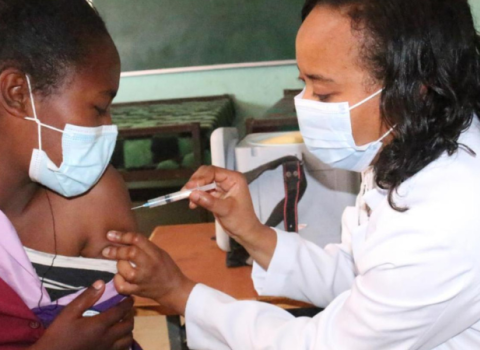Funding
Astex Therapeutics Ltd has secured backing of up to $1 million from the Multiple Myeloma Research Foundation (MMRF), a US charity, for the Phase II development of AT7519, a cyclin dependent kinase inhibitor.
“As with many other biotechs we are trying to survive the nuclear winter caused by the financial crisis,” Harren Jhoti, CEO. “We have been talking to foundations and charities with an interest in specific tumour types. They can help bridge the funding gap, but they also provide world class expertise in their area.”
Medical charities are following the progress of products in development with a keener eye in most cases than potential pharma partners, and furthermore they are agnostic about what kinds of compounds or treatments they are, said Jhoti. “They can look across a broader range because they are not restricted by what’s in the portfolio already, or by existing fields of expertise.”
Astex was poised to approach MMRF, when the charity got in touch to request a meeting with the company, having seen a poster presentation about AT7519. The Cambridge-based company is currently exploring options to work in a similar way with the US National Cancer Institute. It has existing relationship with Cancer Research UK, which is working on preclinical and clinical development of AT13148, a protein kinase B inhibitor, and carrying out two clinical studies on AT9283, a multi-targeted kinase inhibitor in paediatric and adolescent cancer patients, and with the National Cancer Institute of Canada, which is supporting trials of AT9283 and AT7519.
Charitable funding is an alternative to early partnering for a company like Astex whose fragment-based drug discovery platform generates significant numbers of compounds. “In any environment it is challenge to get [clinical development of] many of them funded, said Jhoti. “This allows us to continue to develop all of our assets.”
Astex will get $500,000 upfront from the MMRF for a Phase II trial, with a further $500,000 to come at a certain trigger point if the data coming out of the trial is positive.





 A unique international forum for public research organisations and companies to connect their external engagement with strategic interests around their R&D system.
A unique international forum for public research organisations and companies to connect their external engagement with strategic interests around their R&D system.